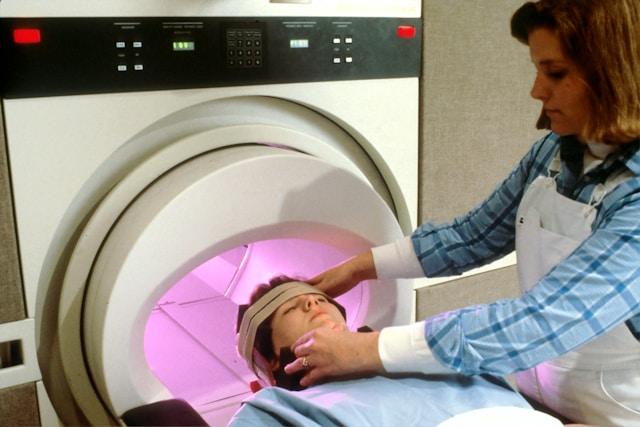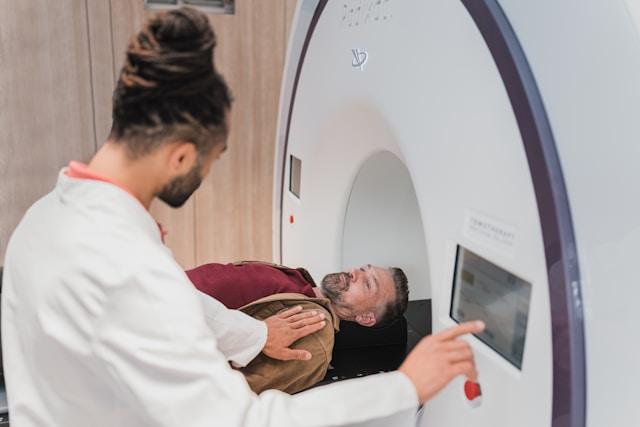Peripheral neuropathy is the most common form of diabetic neuropathy. Your feet and legs are often affected first, followed by your hands and arms. Signs and symptoms of peripheral neuropathy are often worse at night, and may include:
- Numbness or reduced ability to feel pain or temperature changes
- A tingling or burning sensation
- Sharp pains or cramps
- Increased sensitivity to touch — for some people, even the weight of a bed sheet can be agonizing
- Muscle weakness
- Loss of reflexes, especially in the ankle
- Loss of balance and coordination
- Serious foot problems, such as ulcers, infections, deformities, and bone and joint pain
Seek medical care if you notice:
- A cut or sore on your foot that doesn’t seem to be healing, is infected or is getting worse
- Burning, tingling, weakness or pain in your hands or feet that interferes with your daily routine or your sleep
- Dizziness
- Changes in your digestion, urination or sexual function
Diabetic neuropathy can cause a number of serious complications, including:
- Loss of a limb. Because nerve damage can cause a lack of feeling in your feet, cuts and sores may go unnoticed and eventually become severely infected or ulcerated — a condition in which the skin and soft tissues break down. The risk of infection is high because diabetes reduces blood flow to your feet. Infections that spread to the bone and cause tissue death (gangrene) may be impossible to treat and require amputation of a toe, foot or even the lower leg.
- Charcot joint. This occurs when a joint, usually in the foot, deteriorates because of nerve damage. Charcot joint is marked by loss of sensation, as well as swelling, instability and sometimes deformity in the joint itself. Early treatment can promote healing and prevent further damage.
- Urinary tract infections and urinary incontinence. Damage to the nerves that control your bladder can prevent it from emptying completely. This allows bacteria to multiply in your bladder and kidneys, leading to urinary tract infections. Nerve damage can also affect your ability to feel when you need to urinate or to control the muscles that release urine.
- Hypoglycemia unawareness. Normally, when your blood sugar drops too low — below 70 milligrams per deciliter (mg/dL), or 3.9 millimoles per liter (mmol/L) — you develop symptoms such as shakiness, sweating and a fast heartbeat. Autonomic neuropathy can interfere with your ability to notice these symptoms.
- Low blood pressure. Damage to the nerves that control circulation can affect your body’s ability to adjust blood pressure. This can cause a sharp drop in pressure when you stand after sitting (orthostatic hypotension), which may lead to dizziness and fainting.
- Digestive problems. Nerve damage in the digestive system can cause constipation or diarrhea — or alternating bouts of constipation and diarrhea — as well as nausea, vomiting, bloating and loss of appetite. It can also cause gastroparesis, a condition in which the stomach empties too slowly or not at all. This can interfere with digestion and cause nausea, vomiting and bloating, and severely affect blood sugar levels and nutrition.
- Sexual dysfunction. Autonomic neuropathy often damages the nerves that affect the sex organs, leading to erectile dysfunction in men and problems with lubrication and arousal in women.
- Increased or decreased sweating. When the sweat glands don’t function normally, your body isn’t able to regulate its temperature properly. A reduced or complete lack of perspiration (anhidrosis) can be life-threatening. Autonomic neuropathy may also cause excessive sweating, particularly at night or while eating.
Diabetic neuropathy has been considered an irreversible disorder with traditional treatments focused on preventing the progression of the condition; or reducing the pain symptoms with drugs or specialized footwear. However, treatment with nerve decompression surgery to address the symptoms of diabetic peripheral neuropathy now have an established clinical track record. Many clinical studies have been published reporting the value of nerve decompression surgery in the treatment of peripheral diabetic neuropathy.
Goals of the surgery are to restore sensation to the hands or feet, reduce or eliminate pain and to regain strength. If sensation is restored to the feet, the risk of having an ulceration or infection leading to an amputation is nearly eliminated. Many patients are able to discontinue their medications relating to neuropathy after this procedure.
If you suffer from diabetic neuropathy, physicians from Neuropax Clinic can determine whether surgery might be appropriate for you. A comprehensive evaluation will be performed to determine whether you have compressed nerves that may respond to surgery. We have already helped many patients regain sensation and get relief from pain with this surgical approach.





















